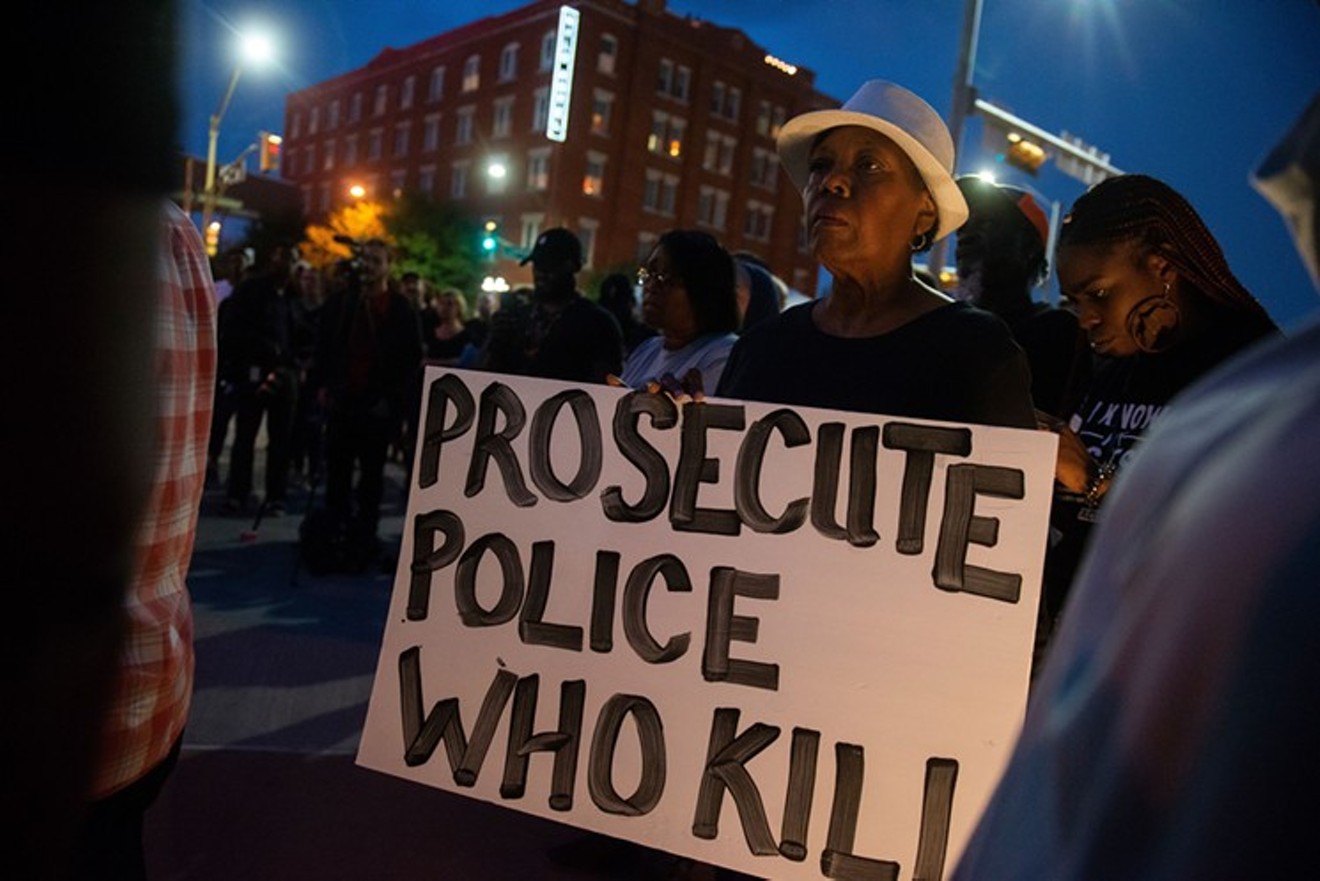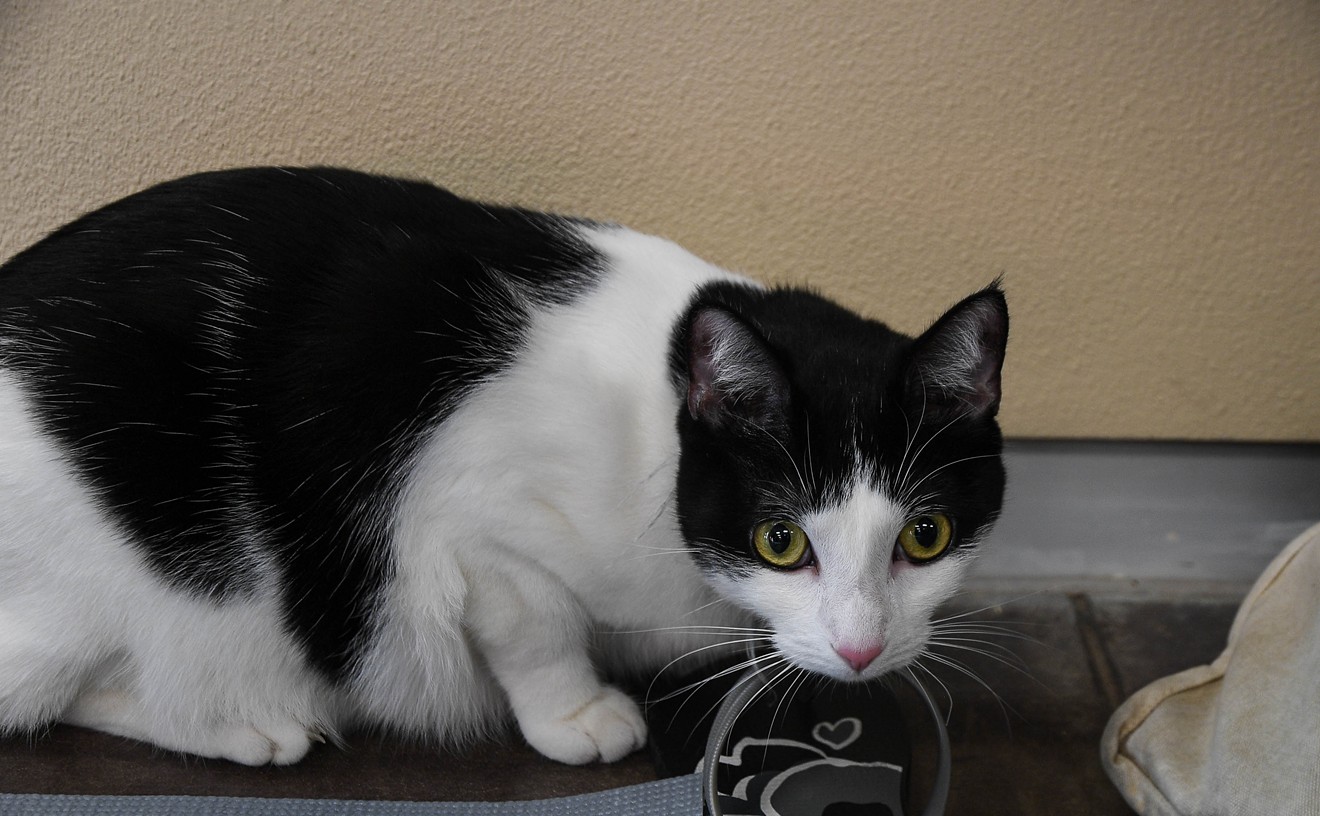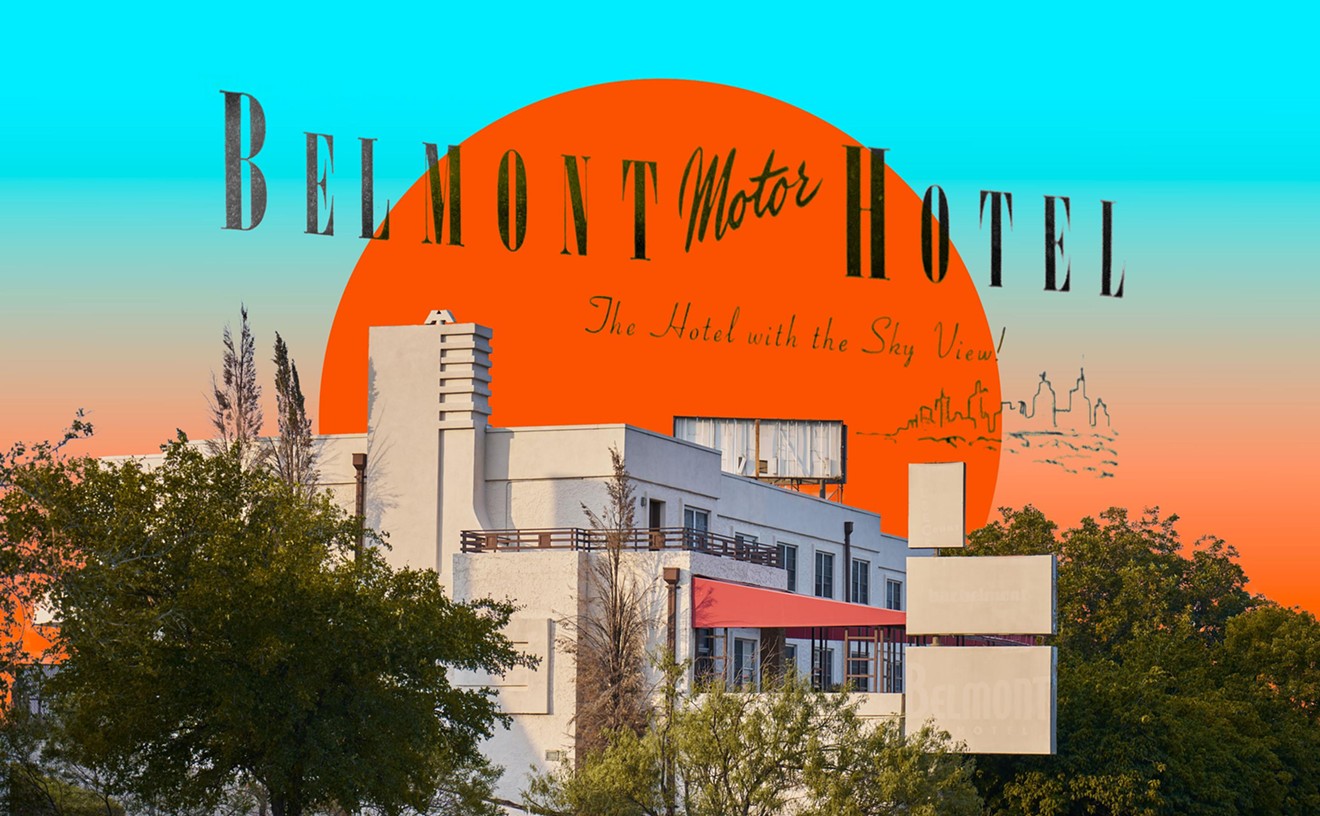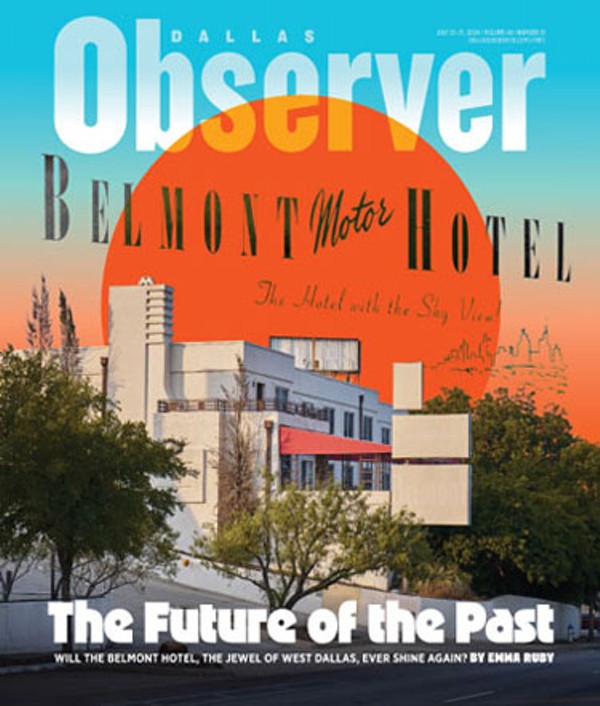Nothing is not about race. Not at the local level. Certainly not in Washington or New York. Everything is about race. It’s where we are. Now what?
And please don’t take this as throwing shade somehow on the guilty verdict rendered Tuesday in the murder trial of 31-year-old former Dallas police officer Guyger, white, who shot and killed Botham Jean, a 26-year-old accountant, black. That was a good trial."The racial divide in American party politics expands to an ever deeper racial chasm. American democracy tilts even more in favor of White America.” — Zoltan L. Hajnal
tweet this
Smart lawyers on both sides gave the jury well-presented cases. Both sides pushed the envelope. The slut-shaming of Guyger for an affair with an older married cop rubbed me the wrong way. But the toxicology evidence showing Jean had marijuana in his system rubbed other people the wrong way. Murder trials are tough. Even if the envelope got pushed, everything wound up pretty much within bounds.
Judge Tammy Kemp ran that trial right down the middle. There was grumbling in some quarters when Judge Kemp refused to allow two expert police witnesses to tell the jury they thought Guyger was innocent. But it would have been outrageous for her to let expert witnesses tell the jury what verdict to reach. She ran it straight-edge.
The Dallas Morning News editorial page would be doing the right thing if it sent over a fruit basket and a note of abject apology to the offices of Dallas County District Attorney John Creuzot, whom the paper accused repeatedly of blowing the case before the case ever got to trial. By the way, Creuzot did not violate the judge’s gag order as the paper accused him of doing. I will come back to that in a later column.
Bottom line, we should all respect the jury’s verdict, and the community should give everybody involved a big vote of thanks for their service.
That brings us now to the matter of us.
Moments after the verdict became known in the courthouse corridor, community activists speaking to reporters linked Botham Jean with a long and mournful chain of names, from Michael Brown in Ferguson, Missouri; to Walter Scott, in North Charleston, South Carolina; Freddie Gray in Baltimore; Laquan McDonald in Chicago and on and on.
Is Jean’s name linked legitimately to the name of Walter Scott, a black man shot in the back in broad daylight running away from a white cop who later pleaded guilty to federal civil rights charges to escape a state murder charge? Let me ask it the other way: Is there any conceivable way Botham Jean’s name would not be linked with Walter Scott and the others? Is there some magic solvent capable of dissolving that bond?
Without reference to what the jury heard in the Guyger trial, without reference to how the jury made its decision, what if we were to ask ourselves out here in the community what it was we heard that helped us make up our minds? Could we have processed this horrible story without reference to the race of the cop or the race of the victim? Should we have?
We don’t process anything else without reference to race. And that’s not just my opinion or personal take on things. That’s pretty much fact. However it happened, whatever causes may have blown and drifted us into this dark cove of history, the fact is that we are marooned on the rock of race. Our only choice is to figure out how to get free or let the angry seas batter us.
A new book from Cambridge University Press due out next January, called Dangerously Divided, will take a deep dive into all the best polling on race and how racial division fuels our politics and shapes our day-to-day lives. It’s an academic work with thick pages of appendices and notes at the back, but author Zoltan L. Hajnal, a professor of political science at the University of California at San Diego, expresses himself so simply and clearly in the body of the book that even a journalist can understand him.
In his conclusion, he splits the difference between a happy possible outcome, in which the American people figure it out, and a much less happy one. What strikes me about the latter is that it echoes some of the informed pessimism of Supreme Court Justice Clarence Thomas, who has long believed and argued that black people get screwed by white liberal politics.
“But in a more ominous scenario, an increasingly anxious and aggrieved White population fights against a rising tide of minority voters, who in turn flock in ever larger numbers to the Democratic Party. The racial divide in American party politics expands to an ever deeper racial chasm. American democracy tilts even more in favor of White America.”
He starts with a hard statistical excavation of the 2016 presidential race. Hajnal is able to show that race was overwhelmingly the most important factor steering voters into either the Clinton or Trump camp. Race, particularly black vs. white and Latino vs. white, far outstripped income, age and gender. The only factors that came close were education and religion.
In the 2014 midterm elections for the U.S. House of Representatives, race was it. Forget about anything else. The way we voted as a nation in those contests was about race, race and more race.
Nothing changes when Hajnal drills down to urban voting. If anything, the picture at the local urban level gets even more stark. Race is far and away the most important factor predicting and driving the urban vote, handily beating out party, liberal vs. conservative, income, age, education, gender and marital status.

A new book due out next January will argue that everything is about race in America now.
Jim Schutze
Um … maybe that kind of categorical projection should be a red flag right there. But the really interesting thing about this new book is that it doesn’t make you guess, and it doesn’t let you get away with hunches. From the messy soup of racial division in our society, one of the more salient elements Hajnal is able to pluck out is what he calls white resentment.
“The election of a black man to the Oval Office in a majority-White nation has done little to repudiate this racial story. Despite or perhaps because of the historic election of the nation’s first African-American president, racial considerations have only grown in importance.
“Trump’s arrival on the political scene has almost certainly exacerbated such concerns. Trump’s racially explicit campaign appears to have inflated the effects of race. According to several new studies, the impact of racial considerations on the vote became even more pronounced in 2016.
“Almost everyone who scored highest on a racial resentment scale voted for Trump, while almost everyone at the opposite end of the scale supported Clinton.”
As soon as I read about the racial resentment scale, I wondered if I should go get myself weighed. I don’t think I would come out too bad, but, judging from the reaction to my Facebook posts on the Guyger trial, there may be some black people out there who would disagree.
“In a majoritarian system, numerical minorities lose elections.” — Clarence Thomas
tweet this
I don’t think it’s easy for any of us, black, white, Latino or other, to appraise ourselves accurately on our racial fairness vs. racial resentment. We all tend to look in the mirror and see a pretty reasonable person surrounded by lunatics and dunderheads.
We tend to assume things will get better when more people are like us. Maybe one of the assumptions we should examine more skeptically is that things will get better.
Last Sunday The New York Times op-ed page ran an essay by Corey Robin, author of The Enigma of Clarence Thomas. Robin argues that most liberals and white people think Thomas is a sellout, because liberals and white people don’t even try to get him.
Thomas, Robin claims, is a good and loyal fan of Malcolm X. He simply does not believe in the politics of inclusion and diversity. He believes the black minority is insoluble in a sea of white resentment. Race isn’t going anywhere. It’s here to stay. And that makes politics a losing game for black people.
“In a majoritarian system,” Thomas has written, “numerical minorities lose elections.”
Robin says Thomas believes African Americans “must come to terms with that political weakness.” The better tomorrow, Thomas believes, won’t be created by politics. It will be created by individuals who plunge into the jungle of the marketplace and come back out with fistfuls of diamonds.
So I don’t know if the conclusion here is depressing, hopeful or at least a pretty good excuse. Yes, we have processed the Amber Guyger story almost entirely according to race. Again, I’m not talking about the jury. I’m talking about you and me.
And, no, it was never going to be any other way, because at this juncture in our history, everybody processes everything according to race. The next presidential election will be entirely about race. It’s all about race.
I do see a light at the end of the tunnel, one I wish Hajnal had looked at more closely in his book. And I know this is merely anecdotal on my part. But I have the clear impression that all young people of all races think that all old people of all colors and descriptions are weird. And that’s a good thing.












